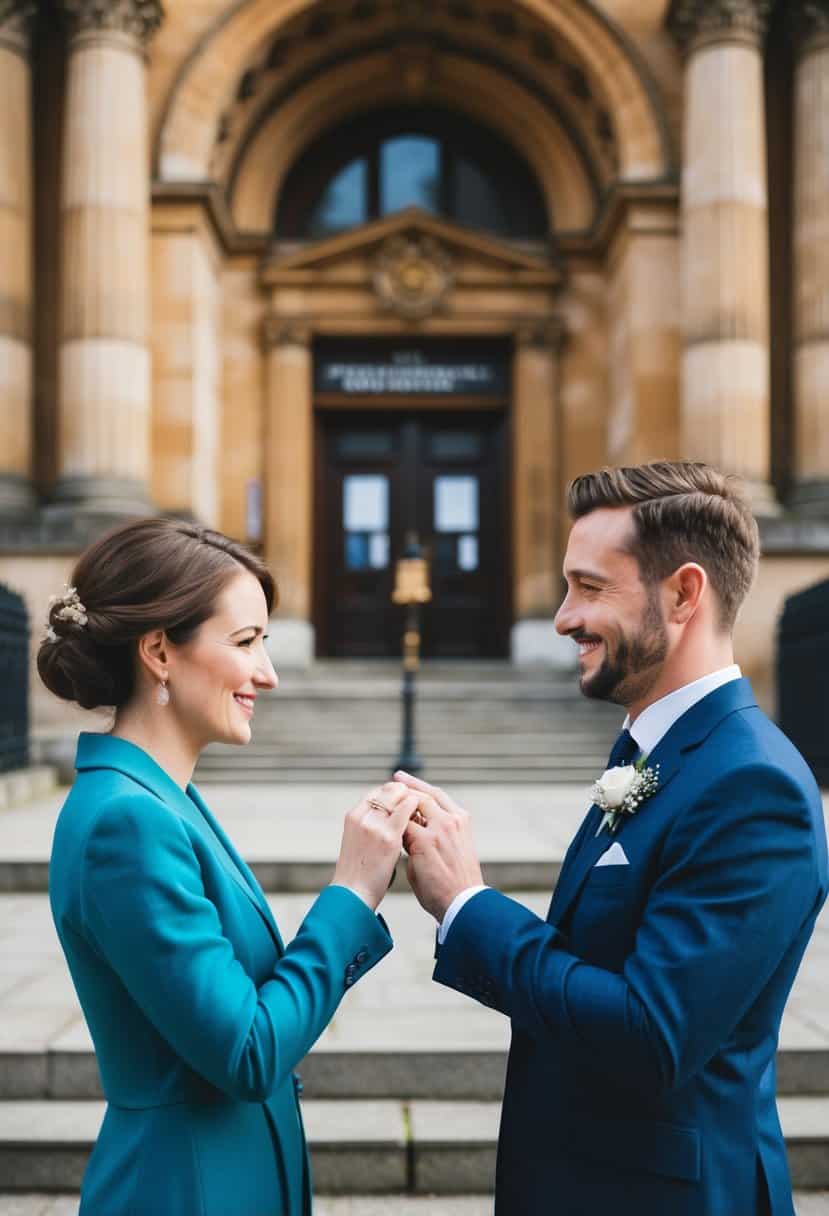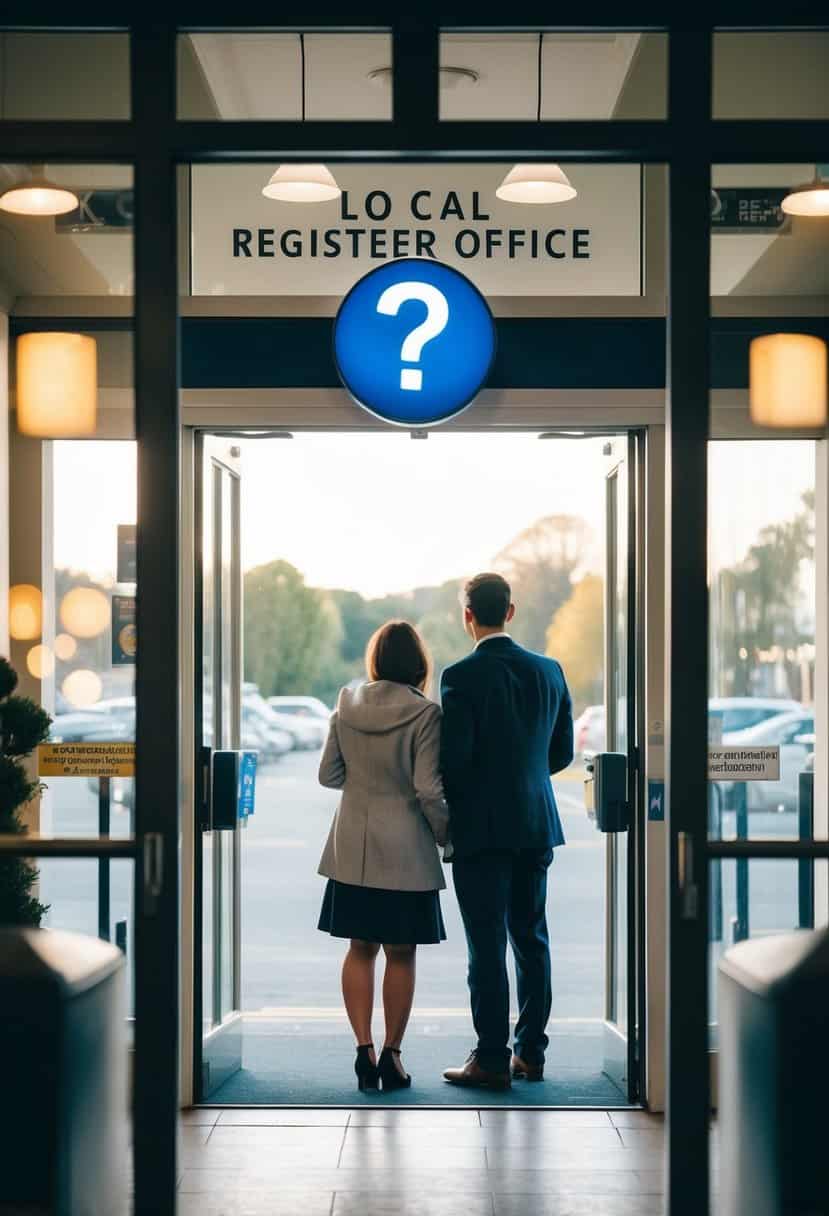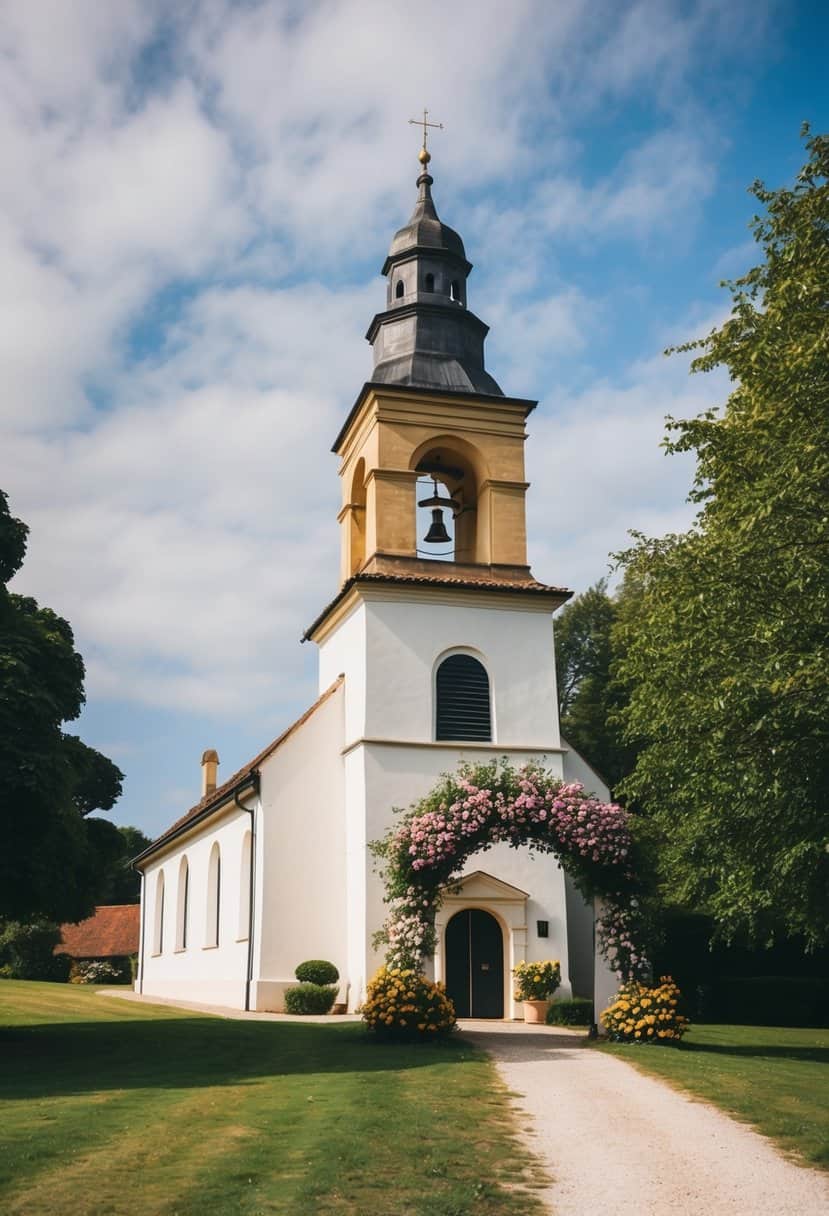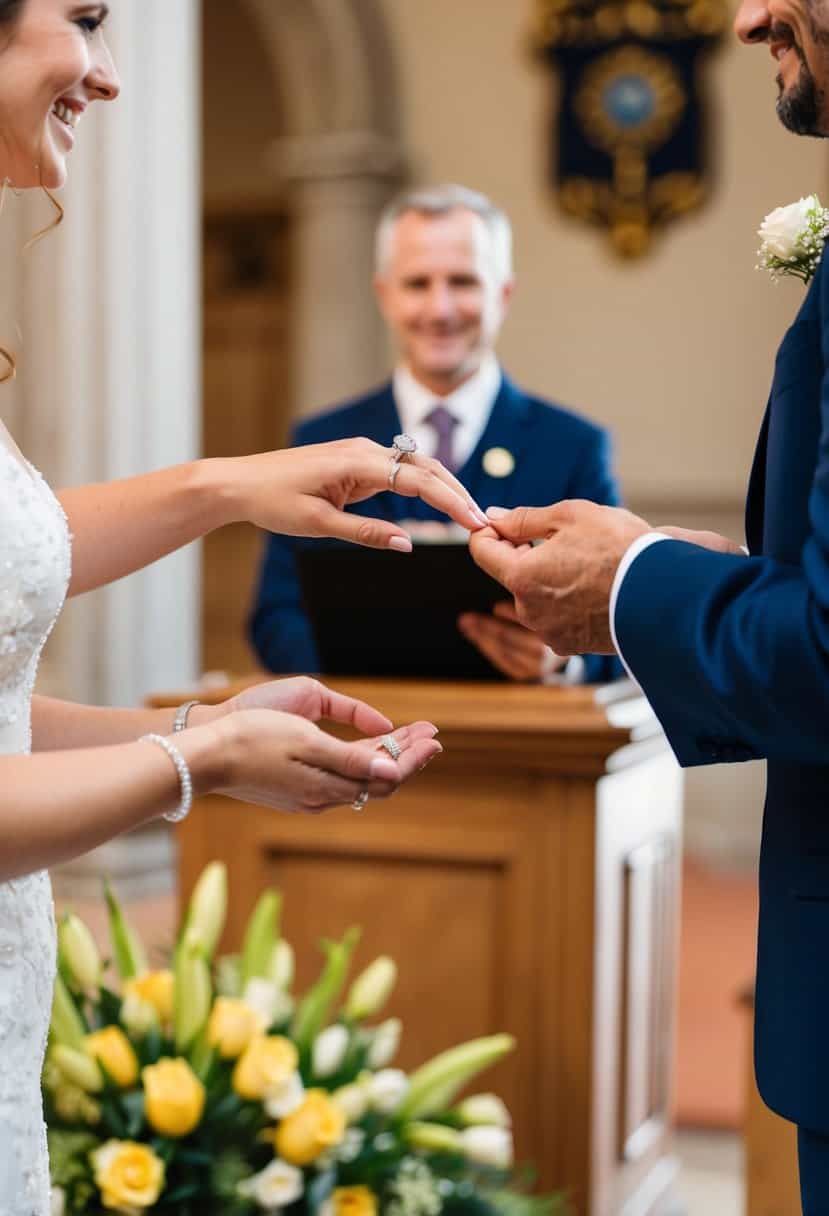Is it Free to Get Married in the UK? Understanding Costs and Options
Getting married in the UK involves multiple steps and fees. In the UK, you must pay for necessary costs such as giving notice and obtaining a marriage certificate. Registering your intention to marry, known as giving notice, typically involves a fee. This fee is required by law for both traditional marriages and civil partnerships.

There may also be costs related to the wedding venue and ceremony. Whether you opt for a simple registry office or a more extravagant venue, these choices can greatly influence your overall expenses. For example, a countryside wedding might be less expensive than a ceremony in central London.
Planning your budget carefully can help you manage these costs effectively.
Aside from venue considerations, it’s important to be aware of additional expenses. These can include hiring an officiant, obtaining necessary legal documents, and any optional extras like decorations or catering. Being prepared for these potential costs will ensure you are financially ready for your special day.
Legal Requirements for Marrying in the UK

When planning to marry in the UK, it’s important to understand the specific legal steps. You’ll need to meet certain eligibility criteria, gather required documents, and adhere to a set notice period before your wedding.
Eligibility for Marriage
To get married in the UK, both partners must be at least 18 years old. Before 2023, marriage was possible at 16 or 17 with parental consent, but this has changed. You don’t need to be a British or Irish citizen, but if you’re not, you may need additional permissions.
If you have indefinite leave to remain, settled status, or pre-settled status under the EU Settlement Scheme, you’re eligible to marry. Those under immigration control must comply with Home Office regulations, so it’s wise to check any specific requirements with the immigration authorities.
Mandatory Documentation
You’ll need specific documents to marry in the UK. These include valid identification, such as a passport or national ID card. If you have been married before, proof of divorce or a death certificate for a late spouse is necessary.
A Gender Recognition Certificate is important if it’s relevant. Individuals without British or Irish citizenship may need documents related to their immigration status. Make sure to have a certificate of no impediment if your home country issues it.
Notice Period and Marriage Schedule
You must give notice of your planned marriage at your local register office. This involves signing a legal statement and costs a small fee. For those under immigration control, additional steps might be needed.
The notice period is usually 28 days, but for some with immigration restrictions, it could extend to 70 days. During this time, officials may examine your details further. Once this process is complete, you’ll receive a marriage schedule, which permits you to proceed with the ceremony.
Giving Notice at the Local Register Office

When planning a wedding in the UK, one of the essential steps is giving notice at your local register office. This involves declaring your intent to marry and ensuring all necessary legalities are covered.
Steps to Give Notice
To start, both parties must attend the local register office in person. You need to book an appointment ahead of time. This is important, as you might not be able to do it on a walk-in basis.
At the appointment, you’ll make a legal declaration that you intend to marry. This needs to happen at least 28 days before your wedding date. During this waiting period, the details will be placed on public display at the register office.
If one or both of you is from outside the UK, additional steps might be needed, such as securing visas. It’s a good idea to check with your local register office about any specific requirements or exceptions that might apply to your situation.
Documents Required
You will need to bring several documents when giving notice of marriage. You must have a valid photo ID like a passport or driving license. Additionally, proof of address is necessary, such as a recent utility bill or bank statement.
If you have been married before, you’ll need to provide a decree absolute or a death certificate for a former spouse. For those from outside the EU, there may be other documents required, like a visa.
Having these documents ready will ensure the process goes smoothly. Make sure each document is original and meets any specific criteria set by the register office.
Ceremonial Options in England and Wales

When planning your wedding in England and Wales, you can choose between civil and religious ceremonies. Deciding on the type of ceremony impacts where it can take place and who can witness it.
Civil vs Religious Ceremonies
In England and Wales, you can opt for a civil ceremony or a religious ceremony. A civil ceremony is conducted by a registrar and doesn’t include religious content. You can have this at a registry office or an approved venue. It is a great option if you prefer a more neutral backdrop.
On the other hand, a religious ceremony can be held at places of worship like the Church of England or Church in Wales. These ceremonies are led by clergy and include religious readings, hymns, and prayers. Religious ceremonies can vary based on your faith and church requirements, making it special and personalized to your beliefs.
Venues and Witnesses
When choosing a venue, it’s important to know that wedding ceremonies in England and Wales must take place inside a certified building or a fixed structure. You cannot legally marry outdoors or in a temporary structure. Consider places like historic houses, hotels, or dedicated wedding venues.
You also need at least two witnesses at your ceremony. They don’t need specific qualifications—just adult friends or family who can observe the signing of the marriage register. This requirement is crucial for both civil and religious ceremonies, ensuring your wedding is legally recognized.
Cost Considerations for Marriages in the UK

Getting married in the UK comes with various expenses. You need to consider both official fees and additional costs that might surprise you.
Official Fees
To legally marry in the UK, you’ll have to pay certain official fees. The process starts with giving notice of your marriage at a local register office, which typically costs around £35 per person. If you need a marriage certificate, that will add to your budget, often costing about £11 for each copy.
If you decide on a civil ceremony, expect additional fees, which can vary depending on the location. For example, venues like town halls might charge a fee for the ceremony itself. These official costs are unavoidable if you want your marriage to be legally recognized.
Additional Expenses
Besides the official fees, there are other costs you might need to consider. Weddings in the UK can be expensive, with the average cost being around £27,000. Engagement rings, which can vary greatly in price, often make big dents in budgets.
Consider venue costs, catering, and attire. Planning a more modest event can help keep costs down. It’s also good to remember that getting married can affect your finances in other ways, such as how you deal with inheritance tax.
Rights and Responsibilities Post-Marriage

Once you’re married in the UK, several legal changes and responsibilities come into play. You gain certain rights related to property and personal status while facing implications for things like immigration and residency.
Legal Changes After Marriage
One of the biggest changes is the status of property. Assets like your home, car, or other valuables become shared as marital property. This means both you and your spouse have rights to it. If the marriage ends, this property could be divided.
You also gain rights to make medical decisions for your partner if they’re unable to do so. In same-sex marriages and civil partnerships, these rights are exactly the same. Additionally, having a marriage certificate can offer entitlement to benefits like your partner’s pensions or Social Security.
If you have children, you may gain parental responsibility for your spouse’s kids. This gives you legal rights to make decisions about their welfare, education, and health.
Immigration and Residency Implications
Marriage can also affect your immigration status. If you marry a UK citizen, you may apply for a spouse visa. This visa allows you to stay in the UK with your partner. Over time, it could lead to permanent residency or citizenship.
For those in a same-sex marriage or a civil partnership, the same immigration rules generally apply. You need to demonstrate your relationship is genuine to qualify for residency benefits.
A valid marriage certificate is often required in these processes as proof of your legal relationship.

